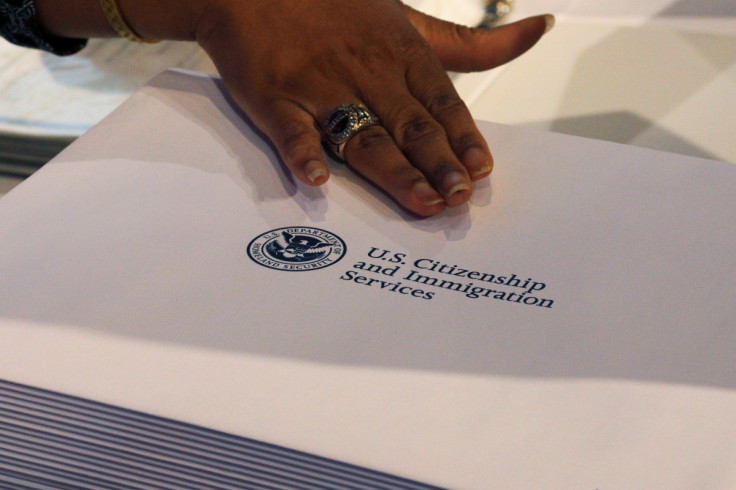
Although a last-minute extension avoided a government shutdown on the day of the statutory deadline, the outlook this year is more complicated than in the past, especially for hot-pressing issues such as immigration, in which Republican hardliners want a tougher stance.
The disagreement that prevents a consensus on the budget does not only depend on the two traditional parties. On this occasion, the stone in the shoe is a radical sector of the Republican Party, which seems to act independently of the hierarchy of its political party.
It is very likely that at the end of the interim period, no agreement will be reached, and the government will shut down. Some federal agencies will have no budget and will be seriously affected.
One of them is the one that regulates the immigration process in each of its stages and through different branches according to the function they perform until it's completion.
This is one of the aspects in which governmental interference can affect the Latino community and on which the normal development of the lives of thousands of its members depends.
The complex system of government agencies and entities that regulate the entire immigration process will continue to function, but delays and backlogs will occur in many cases.
U.S. Citizenship and Immigration Services (USCIS) is part of the Department of Homeland Security and helps administer the nation's naturalization and immigration system. However, for some procedures, USCIS works with other agencies, such as the Departments of State and Labor.
This means that while USCIS will continue to operate as usual, some petitions can't be filed without a Labor Department certification, which will close the Office of Foreign Labor Certification. Some visa petitions cannot be processed without this Labor Department certification. These include employment visas and some investor visas.
One of the main bridges for thousands of immigrants to legalize their status is political asylum. The wait for a hearing in these cases can be longer than the 5 years it usually takes.
Another branch of the immigration system is the U.S. Customs and Border Protection (CBP), which controls border crossings and ports of entry. They are expected to work, but without payment. CBP may shut down or slow down the processing of some visas at border ports of entry.
U.S. Immigration and Customs Enforcement (ICE) will continue to operate but will also experience delays. Deportations will focus on those who are in immigration detention and have deportation orders. Because these types of orders come from a chain of other agencies, there may be a decrease.
Judges will not be issuing many deportation orders because many of their staff will not be going to work, so there will be fewer deportations to carry out.
Another important sub-agency in this framework is the Executive Office for Immigration Review (EOIR) within the Department of Justice, which is tasked with adjudicating immigration claims, also known as immigration courts, will only work on the cases of those in immigration detention.
The visa issuance process will continue at all consulates around the world, but there will also be delays in service.
© 2025 Latin Times. All rights reserved. Do not reproduce without permission.





